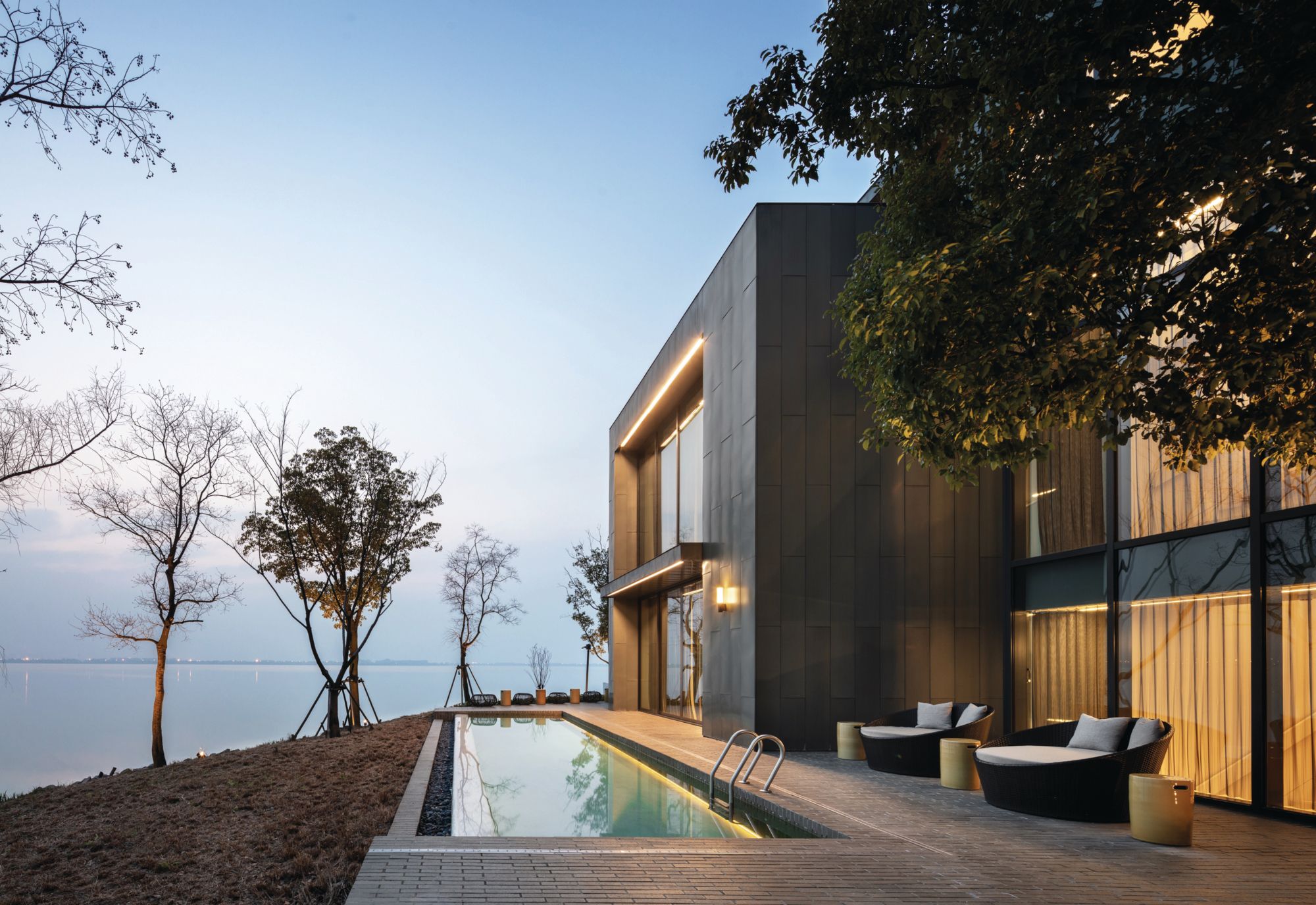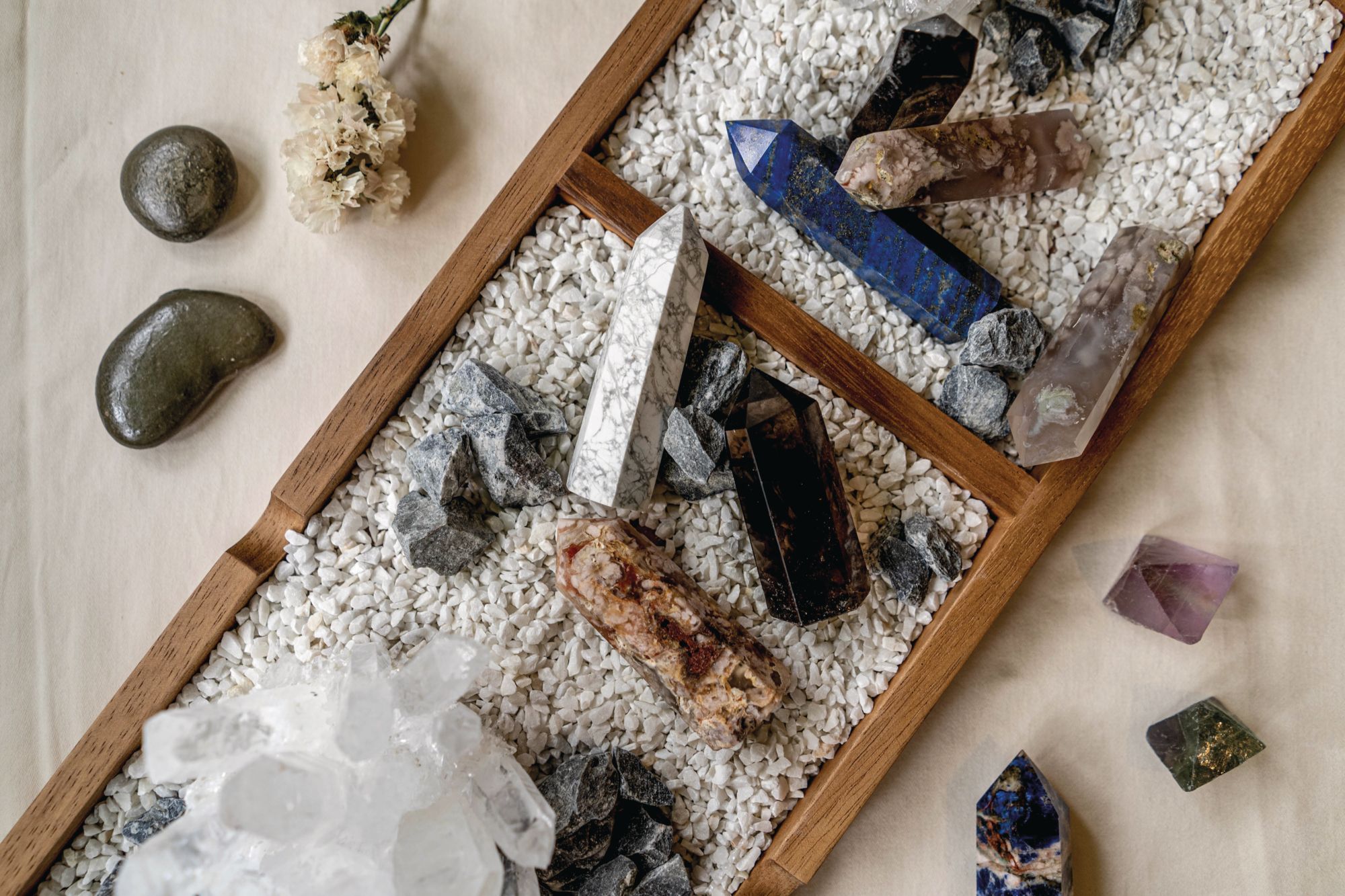Bringing together science and spirituality in unique treatments and programmes, these wellness retreats in Asia aim to bring your long-term health goals to a higher plane
Whenever your spiritually inclined friends comment that their energy feels “off”, don’t roll your eyes. While medical professionals and aspiring gurus have debated the significance of spirituality in the realm of wellness for decades, Covid-19 has given many people reason to reconsider to what degree health and energy are affected by treatments commonly considered to be “alternative”. And they’re looking for new places to explore that connection, as shown by a spate of new resorts that promote programmes that sound as complicated as advanced calculus, only served with green tea.
"Healing" one’s energy, and the transfer of that energy, is of particular interest, sparking a movement that has become widely known as quantum wellness, loosely defined as a comprehensive approach to wellbeing that incorporates physical health, mindful living and a sense of happiness. “Quantum wellness is, as discovered through quantum science, realising that everything, humans included, are pure energy— and energy is potential,” says Jamie Waring, managing director of wellness at Sangha Retreat by Octave Institute in Suzhou, China.
Founded by billionaire Frederick Chavalit Tsao, who is the chairman of regional conglomerate IMC Pan Asia Alliance, Sangha Retreat is a wellness sanctuary that goes beyond your basic spa offerings—a futuristic Zen lair where people undergo full mind and body optimisation via programmes that combine ancient healing techniques with modern science. Meditation domes and medical clinics sit and operate side by side. It’s all very James Bond meets-Doctor Strange.
See also: Modern Witchcraft And Ritual Magick Are Transforming The Wellness Scene
Sangha Retreat by Octave Institue, Suzhou, China

“For the first time, you’re touching a population of left-brain, objective scientists who are realising there’s truth to sometimes questionable modalities and practices like Traditional Chinese Medicine (TCM) and meditation,” says Waring. “From a wellness perspective, this opens up new frontiers because you’re bringing real data points to spiritual experiences. The potential to unify and go deeper is profound and exciting.”
Although rooted in TCM, the team at Sangha also includes leading physicians, Ayurvedic practitioners, energy healers, nutritionists, physiotherapists and mindfulness professionals. “Our programmes are designed to help guests take control of how they move, eat, sleep and interact so that they can live a life of purpose, joy and gratitude,” says COO John Reed. “If you are in optimal health and wellbeing, your career, and the people around you, will be positively impacted by that as well.”


